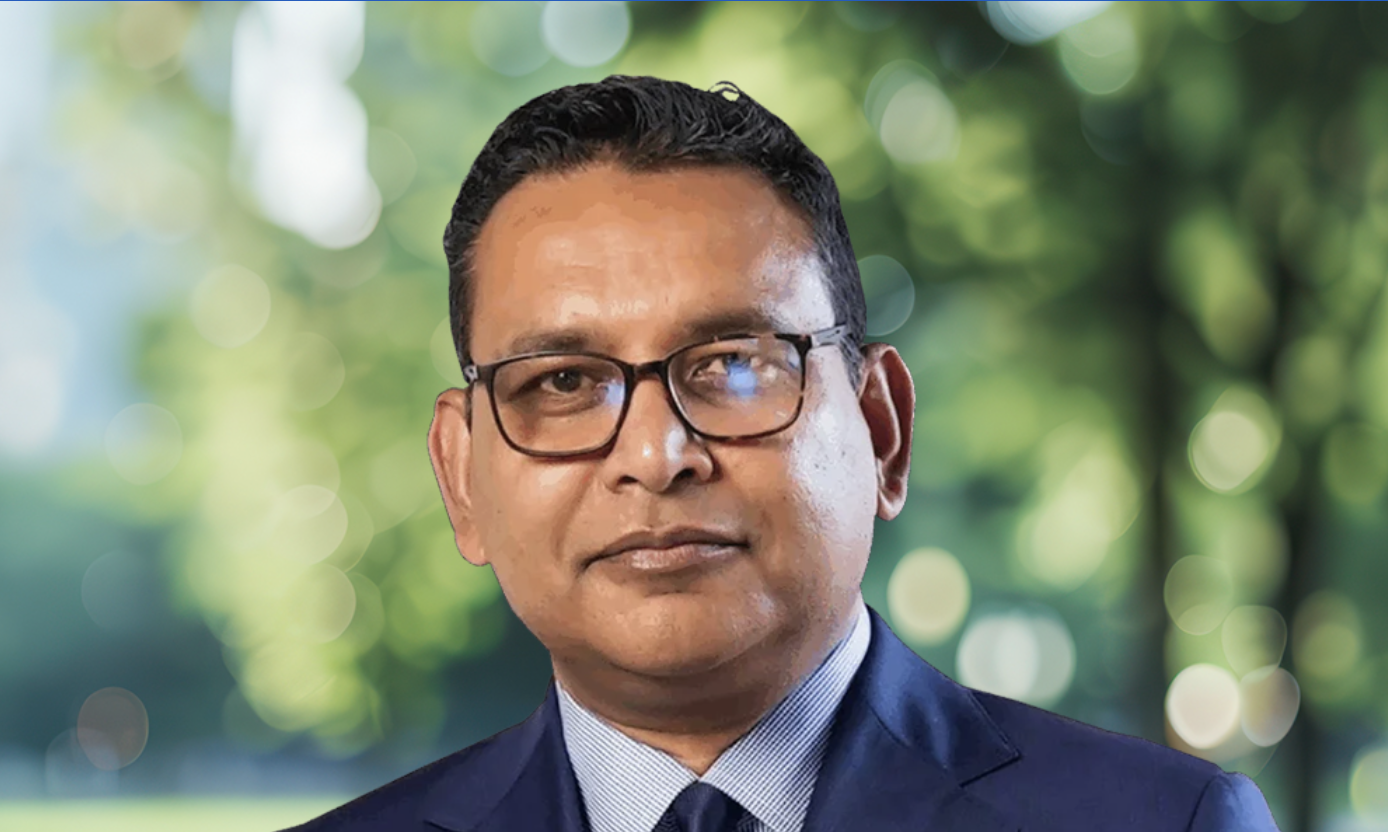
FORGET TRYING TO BE AN EXPERT, A BEGINNER’S MIND IS WHAT ALLOWS US TO CREATIVELY MOVE OURSELVES FORWARD.
BY FAISAL HOQUE | January 9, 2015
What kind of mind do you want? What kind of mind do you want your team to have?
If you want to be thought an expert—you may favor having a full mind. After all, it’s rather impressive to know many things, to be a fount of knowledge. But expertise implies a sort of rigidity; if your mind is full, it cannot accept more information or possibilities.
This is why we need to maintain what Buddhists refer to as beginner’s mind—a certain playful absence of assumptions.
WHAT IS BEGINNER’S MIND?
Shunyru Suzuki writes in Zen Mind, Beginner’s Mind,
“In the beginner’s mind there are many possibilities, but in the expert’s there are few.”
Since we are the product of repeatedly experimenting with possibilities, we’re behooved to approach our life in such a way as to give the maximum surface area to possibility.
Beginner’s mind, then, is a practice of approaching our experiences empty of assumptions. Essentially, beginner’s mind is an empty vessel, waiting to be filled up by the raw data of living life. In this way, we become more vulnerable to insight. Since we don’t claim to have come to the final answer, we can more readily welcome new ones.
HOW TO LIVE LIFE WITH BEGINNER’S MIND
There’s a word for not knowing: ignorant.
While this word usually has a negative connotation—if someone called any of us ignorant, we’d leap to defend our fragile intellectual egos—we hold that it can be positive. We can be skillfully ignorant by acknowledging that this is a complex, maybe even opaque world that we’re working in.
From that we can get good at being ignorant: at an individual level, we can get good at acquiring the new skills that will be demanded of us. And at an interpersonal and organizational level, we can surround ourselves with people that shine light onto our various blind spots—and treat them in a way that encourages that expansive behavior. To do this, we have to:
- BELIEVE THAT THERE IS MORE TO LEARN: We have to accept that as we fail, there are new ways for producing results.
- BELIEVE THAT THERE IS ALWAYS SOMETHING NEW: We can never stop learning.
- BELIEVE THAT WE CAN IMPROVE: We are responsible to make ourselves better.
A beginner’s mind, then, is what allows us to embrace the highest emotional qualities such as enthusiasm, zeal and optimism to creatively move ourselves forward.
Adapted from Everything Connects: How To Transform And Lead In The Age Of Creativity, Innovation And Sustainability (McGraw Hill, 2014) by Faisal Hoque with Drake Baer. Copyright (c) 2014 by Faisal Hoque. All rights reserved.
[Photo: Flickr user Daniel Wehner]
Original article @FastCompany.















